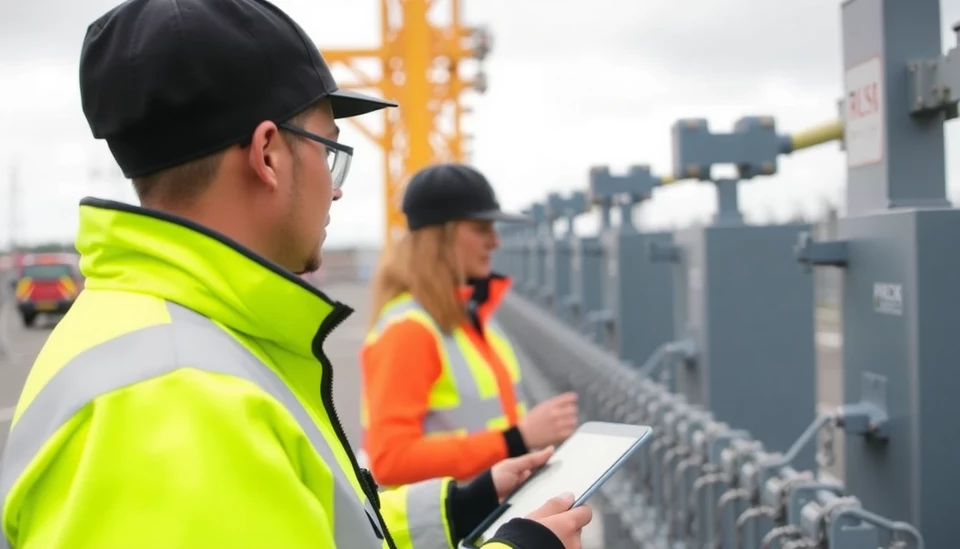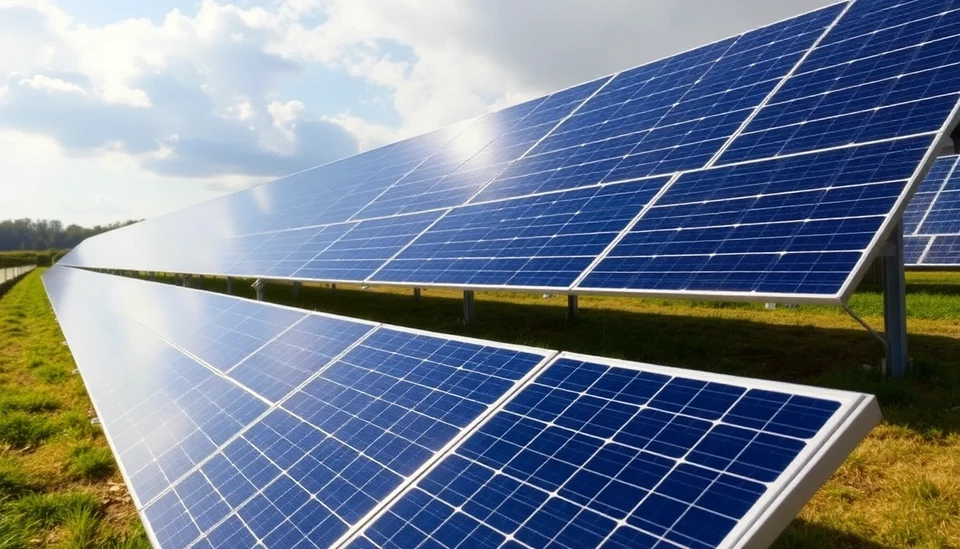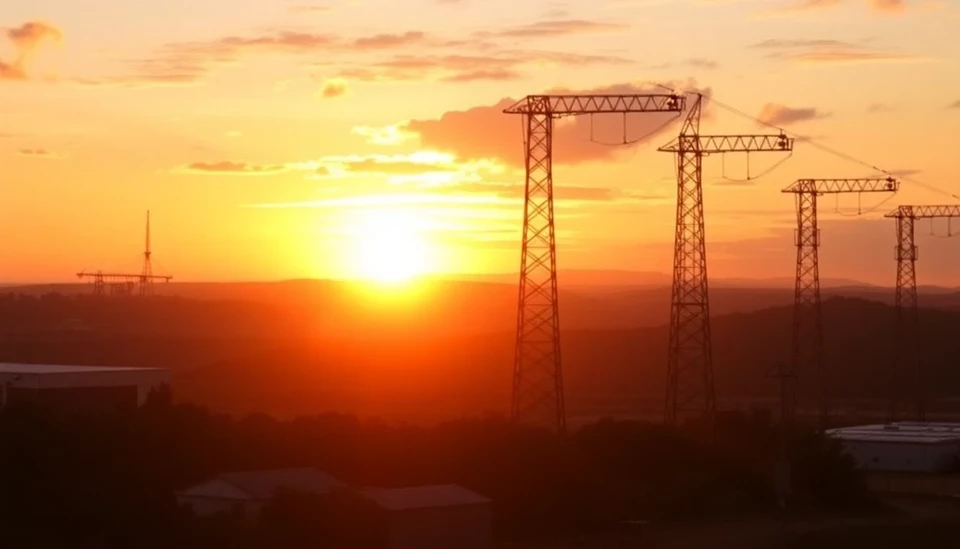
In a forward-thinking proposal aimed at reforming the UK's energy landscape, discussions have emerged about the potential for citizens to receive free electricity—a move propelled by a split in the energy market. However, not all players in the industry are on board with this initiative, raising concerns over its feasibility and fairness.
The idea of providing free electricity stems from a growing recognition of the need for a more equitable distribution of energy resources amidst rising consumer costs and an ongoing focus on sustainability. The proposition aligns with widespread calls for a reevaluation of how electricity prices are determined, particularly for low-income households who are disproportionately affected by soaring energy bills.
The split in the UK energy market, which is characterized by the division between traditional power suppliers and newer, often more sustainable energy firms, could create unique opportunities for reshaping the existing pricing models. Advocates of the free electricity scheme argue that the separation of energy providers could enhance competition and innovation, ultimately leading to lower costs for consumers.
Despite the optimistic outlook from some sectors, key players within the energy market, particularly established companies, are voicing their opposition to such a radical change. They claim that implementing free electricity could undermine the profitability of energy providers and destabilize the market, leading to unintended consequences for consumers and the economy as a whole.
As the debate rages on, the UK government faces pressure to carefully consider the implications of these proposals. Proponents highlight that with the right regulatory framework and support for transitioning to renewable energy sources, a model that delivers free electricity while ensuring market health is achievable. However, the complexities associated with balancing various stakeholders' interests cannot be overlooked.
In an environment where climate change and energy sustainability are increasingly in focus, the conversation surrounding free electricity might also push the UK towards more innovative approaches. Whether through advancements in technology or improvements in energy efficiency, the industry acknowledges that significant changes are required to meet both consumer demands and climate goals.
As discussions continue to unfold, stakeholders from all sides of the issue are encouraged to engage in dialogue to explore the potential pathways forward. The outcome of this debate holds significant implications not just for energy providers, but for every household across the nation.
In conclusion, while the notion of free electricity remains enticing, realizing this vision will require collaboration and an earnest commitment to addressing the inherent challenges within the current energy framework. As the UK stands at a crossroads in its energy policy, the balance between innovation, sustainability, and economic viability will be critical in shaping the future of electricity in the nation.
#UKEnergy #FreeElectricity #EnergyMarket #Sustainability #EnergyReform
Author: Sophie Bennett




